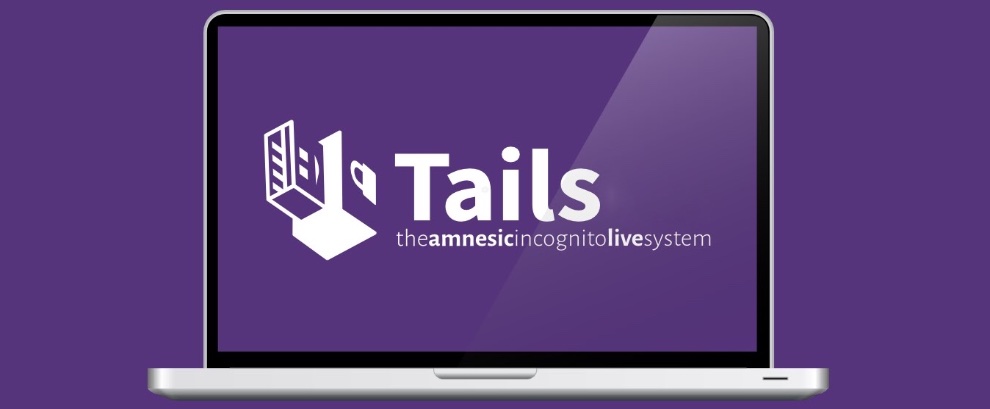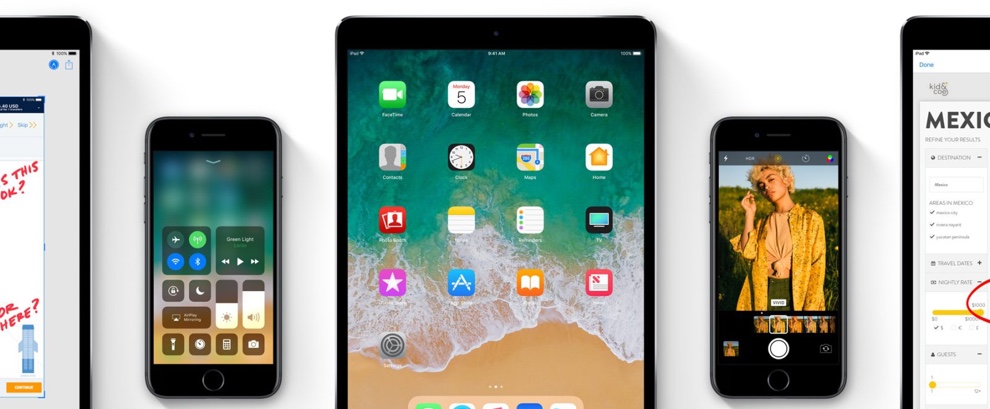What Is a Temporary Employment Contract
As the job market becomes more competitive and versatile, temporary employment contracts are becoming more popular among both employers and job seekers. These contracts are an alternative to the traditional permanent employment agreement, allowing both parties to take on a shorter-term commitment. In this article, we will explore what a temporary employment contract is, its benefits and downsides, and how it differs from a permanent contract.
What is a temporary employment contract?
A temporary employment contract, also known as a fixed-term or contract job, is a type of job where an employer hires an employee for a specific duration, often ranging from a few weeks to a few months or even years. The contract outlines the specific job duties and responsibilities of the employee, as well as the duration of the employment, often including a set start and end date.
Temporary employees are not typically entitled to the same benefits as permanent employees, such as healthcare and retirement options. However, they may receive compensation for their work, including hourly pay or a set salary for the duration of the contract.
Benefits of Temporary Employment Contracts
There are several advantages to temporary employment contracts for both the employer and employee. For the employer, they can hire skilled workers to fill specific needs without the long-term financial commitment of a permanent employee. This type of contract can help companies manage their budgets while still meeting their project deadlines effectively.
On the other hand, temporary employment contracts can also benefit job seekers, particularly those who are looking for flexibility in their work lives. These contracts may allow individuals to gain experience in a particular field or industry while maintaining a flexible schedule, which is especially valuable for those who are transitioning between jobs or careers.
Downsides of Temporary Employment Contracts
While temporary employment contracts offer many advantages, they do have some downsides that job seekers should be aware of. One of the most significant downsides is the lack of job security. With a fixed end date, temporary employees are often uncertain about their future job prospects and must begin job searches again once the contract is complete. Additionally, as mentioned earlier, temporary employees are not typically entitled to the same benefits as permanent employees.
Difference between Temporary and Permanent Employment Contracts
The primary difference between a temporary and permanent employment contract is the duration of the employment. With a permanent contract, the employee is committed to working for the employer long-term, often without a specific end date. In contrast, a temporary contract has a fixed end date, and the employee`s commitment ends when that date arrives.
Another significant difference between temporary and permanent contracts is their benefits. Permanent employees are generally entitled to healthcare, retirement benefits, and paid leave, while temporary employees typically do not receive such benefits.
Summary
In conclusion, a temporary employment contract is a type of job where an employer hires an employee for a specific duration, often ranging from a few weeks to a few months or years. Temporary employment contracts offer flexibility for the employee and financial management for the employer. However, they do have downsides, such as lack of job security, and the benefits that permanent employees enjoy are typically not available to contractual employees.




























































